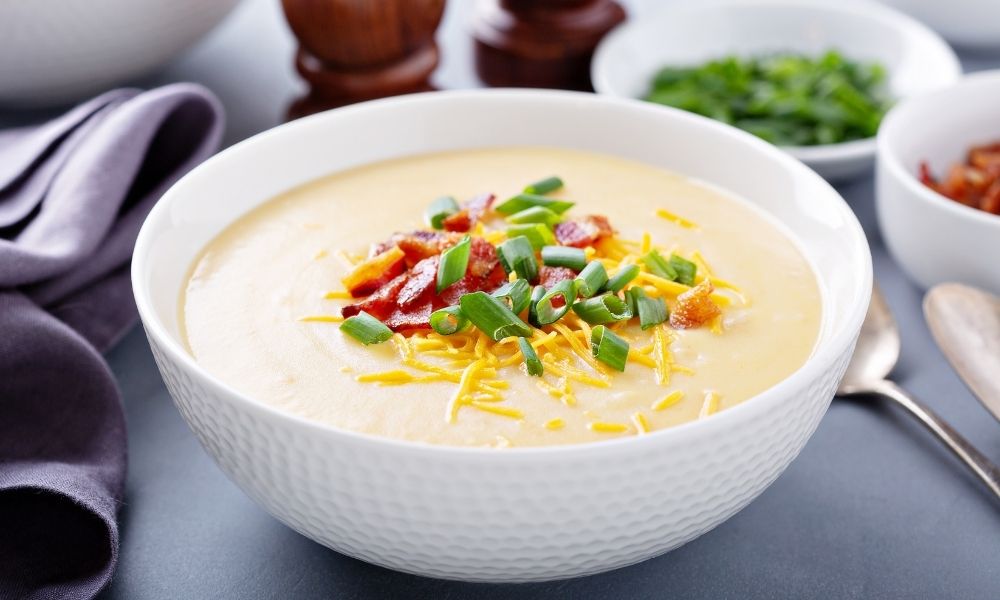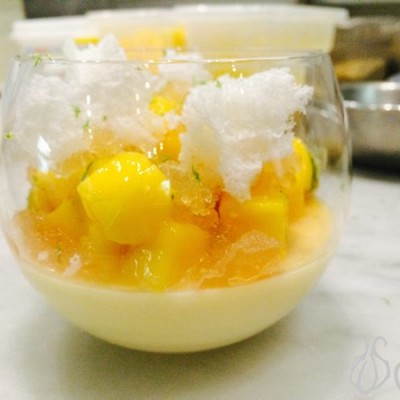In the fall, we want hot, soothing soups and stews with rich, complex flavors to satiate our hunger. But why does eating soup make you feel warm and full?
As the fall season arrives yet again, it’s time to switch up your cuisine. Though everyone’s tastes differ and your favorite flavors will change over time, the autumn brings about a desire for warm, filling soups and stews. But why does eating soup make you feel warm and full?
Water Over Food
One of the most shocking trends in modern eating behavior is the tendency to replace water with food. When the body craves liquid nourishment, our brains crosswire the connection, sending us running for a snack rather than refilling our water bottles. The result? Moderately dehydrated people who don’t know the power of water.
Soups may look like soppy fluids with floating food, but they are so much more than that. Soups have incredibly high water volumes, making them the perfect blend of liquid and solid nutrition.
Liquid Bypass vs. Liquid Digestion
When you drink water on its own, the liquid passes right through your system, entering lower levels of processing than food does upon immediate ingestion. When you eat soup, the water blends with the food particles so much so that it sits up higher in the stomach during digestion. This overabundance of water in the stomach makes us feel fuller even though the water would normally pass through on its own.
Temperature Diffusion and Full-Volume Satiation
The crux of the matter is that soup makes you feel warm and full because of temperature diffusion and full-volume satiation, respectively. When two objects come into contact, heat diffuses between them until they reach equilibrium. Just like cold ice melts on a warm table because of temperature exchange, your body warms up when hot soup accumulates in your core—the heat transfers.
On top of this, soup offers a unique look at your food that other products don’t. With a solid soup or stew, what you see is what you get. When chewing up a piece of bread, your wonderfully efficient mastication will reduce the once large, porous bread into a saliva-soaked wad of dense, nutritious material for further digestion.
On the one hand, a piece of bread will shrink exponentially from its initial plated surface area into a condensed mass. On the other hand, soups and stews already exist in a smooth, easy-to-swallow package that you don’t really chew as much as you sip. When you eat a bowl of soup, there are no air pockets to chew up.
The next time you wonder, “Why does eating soup make you feel warm and full?” think about these reasons and remember the wonders of a simple soup. If you want some recipe and flavor inspiration for your fall stews, try your hand at TCM herbs for nourishing soups. Their enriching fibers will help your fall go a lot farther.






































